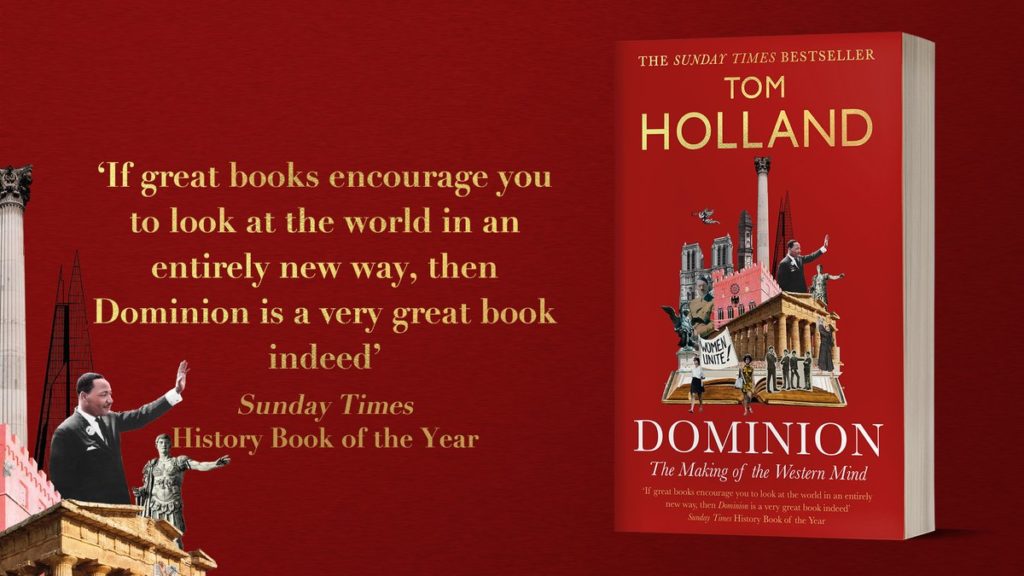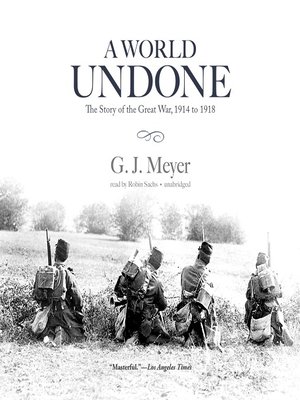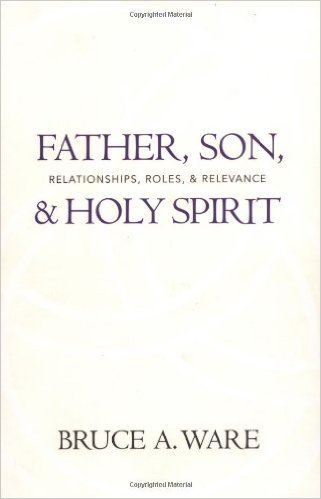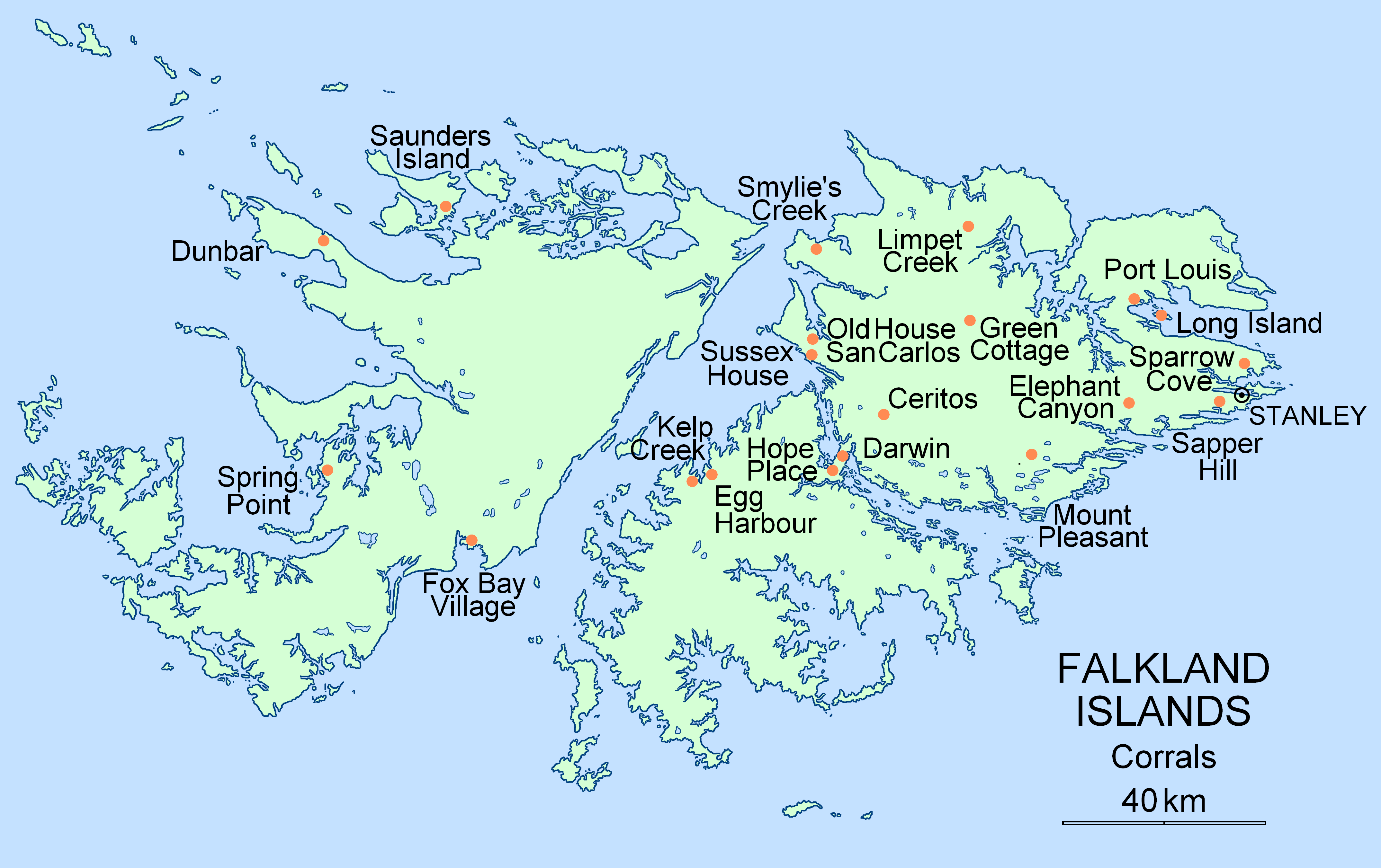- The birthplace of Hell is not perhaps as Christian as we had thought.
Jewish Scripture and Greek philosophy, once again, had blended to potent effect. (172). Satan armoured with an account book, just as tax officials of the vanished empire might have borne; a pit of fire, in which the torments of the damned echoed those described, not by the authors of Holy Scripture, but by the poets of pagan Athens and Rome. It was a vision woven out of many ancient elements; but not a vision that Christians of an earlier age would have recognized.
173
- Muslims are people of the Book, not Christians.
For all the reverence with which Christians regarded their scripture, and for all that they believed it illumined by the flame of the Holy Spirit, they perfectly accepted that most of it, including the Gospels themselves, had been authored by mortals.
185
The only laws that mattered were those inscribed by God on the conscience of a Christian. ‘Love, and do as you want.’ So said, Augustine.
186
Here, then, for Christians was a fateful challenge. Their time-honoured conviction that the true law of God was to be found written on the heart could not have been more decisively repudiated by Muslim influence
197
To be a Muslim, was to know that humans did not have rights. There was no natural law in Islam. There were only laws authored by God.
510
Muslim countries, by joining the United Nations, had signed up to a host of commitments that derived, not from the Qur’an or the Sunna, but from law codes devised in Christian countries: that there should be equality between men and women; equality between Muslims and non-Muslims; a ban on slavery; a ban on offensive warfare. Such doctrines, al-Maqdisi sternly ruled, had no place in Islam. To accept them was to become an apostate.
510
- The problem of heretics. — There were loads of people all throughout Europe who flatly refused to follow orthodox understandings of Christianity. God must be judging Christendom. What other explanation could there be for the plague and and increasing muslim expansion?
The truest kindness was cruelty; the truest mercy harshness. The swarm of heretics that confronted Conrad were not readily to be redeemed from damnation. Only fire could smoke them out. Pyres needed to be stoked as they had never been stoked before. The burning of heretics—hitherto a rare and sporadic expedient, only ever reluctantly licensed, if at all—was the very mark of Conrad’s inquisition. In towns and villages along the Rhine, the stench of blackened flesh hung in the air. ‘So many heretics were burned throughout Germany that their number could not be comprehended.’ (pp. 254-255). ‘Wounds that do not respond to the treatment of a poultice should be cut away with a knife.’ (p. 259). It was not, as Charlemagne’s campaigns against the Saxons had been, an exercise in territorial expansion; nor was it, in the manner of the crusades that aimed at the liberation of Jerusalem, an armed pilgrimage to a destination of transcendent holiness. Rather, it had as its goal the extirpation of dangerous beliefs. Only blood could wash Christendom clean of the pollution presented to the Christian people by heresy. (p. 261).
254, 255, 259, 261
‘Kill them all,’ came the blunt reply. ‘God knows his own.’
261
As never before, the ambition of the Church to provide a salvation to peoples of every race and background had become a weapon to be turned against all who spurned its offer.
269-270
- Aristotle didn’t help anything — His celebrated teachings were invited back into the church during the Medieval period to deadly and unhelpful effect.
Friars who traveled to the New World, labouring to bring the natives to Christ, reported in consternation on the atrocities they had seen: men wrapped in straw and set on fire; women cut to pieces like sheep in an abattoir; newborn infants smashed against rocks, or tossed into boiling rivers. (p. 307).,,Yet there lay over the brilliance of these achievements a pall of anxiety. No people in antiquity would ever have succeeded in winning an empire for themselves had they doubted their license to slaughter and enslave the vanquished, but Christians could not so readily be innocent in their cruelty. When scholars in Europe sought to justify the Spanish conquest of the New World, they reached not for the Church Fathers, but for Aristotle. ‘As the Philosopher says, it is clear that some men are slaves by nature and others free by nature.’
307
‘The female,’ Aristotle had written, ‘is, as it were, an inadequate male.’ Just as the great philosopher had provided inquisitors with a model of how to conduct an interrogation, (and conquerors a justification to conquer) so had his writings on biology swung the immense weight of his prestige behind a perspective on female inferiority that many clerics were all too ready to embrace.
274
- Big-time worries. If we truly embrace freedom of conscience what then?
Luther, fretting where it (his revolution) might lead, had not shrunk from contemplating a nightmarish prospect: a world in which the very concept of truth might end up dissolving, and everything appear relative. ‘For whoever has gone astray in the faith may thereafter believe whatever he wants.’
328
When even scripture might count for nothing before the claims of tinkers and housemaids to direct revelations from God, there was a risk, it seemed to many Puritans, that God himself would end up doubted. ‘A liberty of judgment is pretended, and queries are proposed until nothing certain be left, nothing unshaken.’
367
- The long dark road to overcome the tension between freedom of conscience and absolute truth.
Like the blades of a terrible and revolving machine, the rivalries of Catholic and Protestant princes continued to scythe, mangling ever more reaches of the empire, sucking into the mulch of corpses ever more foreign armies, turning and ever turning, and only stopping at last after thirty years. Christian teachings, far from blunting hatreds, seemed a whetstone….Millions perished. Wolves prowled through the ruins of burnt towns. Atrocities of an order so terrible that, as one pastor put it, ‘those who come after us will never believe what miseries we have suffered’,4 were committed on a numbing scale: men castrated; women roasted in ovens; little children led around on ropes like dogs.
340
Milton taught that the course of true reform was never done. It was always a work in progress. Every Christian had to be free to seek his own path to God. It was not the business of a state, still less that of a church, to trammel the workings of the Spirit. ‘No man or body of men in these times can be the infallible judges or determiners in matters of religion to any other men’s consciences but their own.’
367-368
Between the demands of those who believed that there was only the one true religion, and those who believed that God wished all to practise their religion freely, there could be no easy reconciliation.
368
But eventually in the Christian mind freedom won out over truth. Rather than a betrayal of Christ, who had urged his followers to love their enemies, and to turn the other cheek, it expressed a conscious ambition to measure up to his teachings. Toleration of religious difference had been enshrined as a Christian virtue.
369
- Christianity is the birthplace of Human Rights.
In 1550, in a debate held in the Spanish city of Valladolid on whether or not the Indians were entitled to self-government, the aged Bartolomé de las Casas had more than held his own. Who were the true barbarians, he had demanded: the Indians, a people ‘gentle, patient and humble’, or the Spanish conquerors, whose lust for gold and silver was no less ravening than their cruelty? Pagan or not, every human being had been made equally by God and endowed by him with the same spark of reason. To argue, as las Casas’ opponent had done, that the Indians were as inferior to the Spaniards as monkeys were to men was a blasphemy, plain and simple. ‘All the peoples of the world are humans, and there is only one definition of all humans and of each one, that is that they are rational.’11 Every mortal—Christian or not—had rights that derived from God. Derechos humanos, las Casas had termed them: ‘human rights’. It was difficult for any Christians who accepted such a concept to believe themselves superior to pagans simply by virtue of being Christian.
347
The evolution of the concept of human rights, mediated as it had been since the Reformation by Protestant jurists and philosophes, had come to obscure its original authors. It derived, not from ancient Greece or Rome, but from the period of history condemned by all right-thinking revolutionaries as a lost millennium, in which any hint of enlightenment had at once been snuffed out by monkish, book-burning fanatics. It was an inheritance from the canon lawyers of the Middle Ages. (pp. 401-402)..
401-402
- Secularism is not a neutral stance. It is shot through with Christian assumptions.
‘Christianity spreads in two ways,’ an Indian historian has written: ‘through conversion and through secularisation.’
420
The great claim of what, in 1846, an English newspaper editor first termed ‘secularism’ was to neutrality. Yet this was a conceit. Secularism was not a neutral concept. The very word came trailing incense clouds of meaning that were irrevocably and venerably Christian…The concept of secularism—for all that it was promoted by the editor who invented the word as an antidote to religion—testified not to Christianity’s decline, but to its seemingly infinite capacity for evolution.
427
In Europe, the secular had for so long been secularized that it was easy to forget its ultimate origins. To sign up to its premises was unavoidably to become just that bit more Christian.
521
- As Christianity gets left in the dust, Christian principles remain
To campaign against discrimination on the grounds of gender or sexuality, however, was to depend on large numbers of people sharing in a common assumption: that everyone possessed an inherent worth. The origins of this principle—as Nietzsche had so contemptuously pointed out—lay not in the French Revolution, nor in the Declaration of Independence, nor in the Enlightenment, but in the Bible. (494) … Now, though, the Spirit had taken on a new form. No longer Christian, it had become a vibe. Not to get down with it was to be stranded on the wrong side of history. The concept of progress, unyoked from the theology that had given it birth, had begun to leave Christianity trailing in its wake. The choice that faced churches—an agonizingly difficult one—was whether to sit in the dust, shaking their fists at it in impotent rage, or whether to run and scramble in a desperate attempt to catch up with it.
494-495
Musicians who had spent their careers variously bedding groupies and snorting coke off trays balanced on the heads of dwarves played sets in aid of the starving…That charity should be offered to the needy, and that a stranger in a foreign land was no less a brother or sister than was a next-door neighbour, were principles that had always been fundamental to the Christian message. 497-498).
497-498




